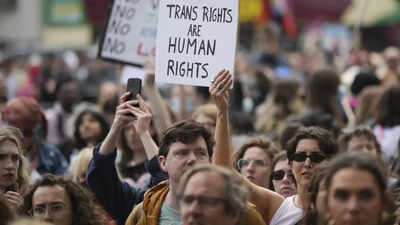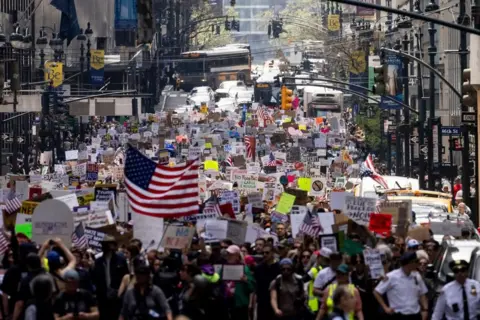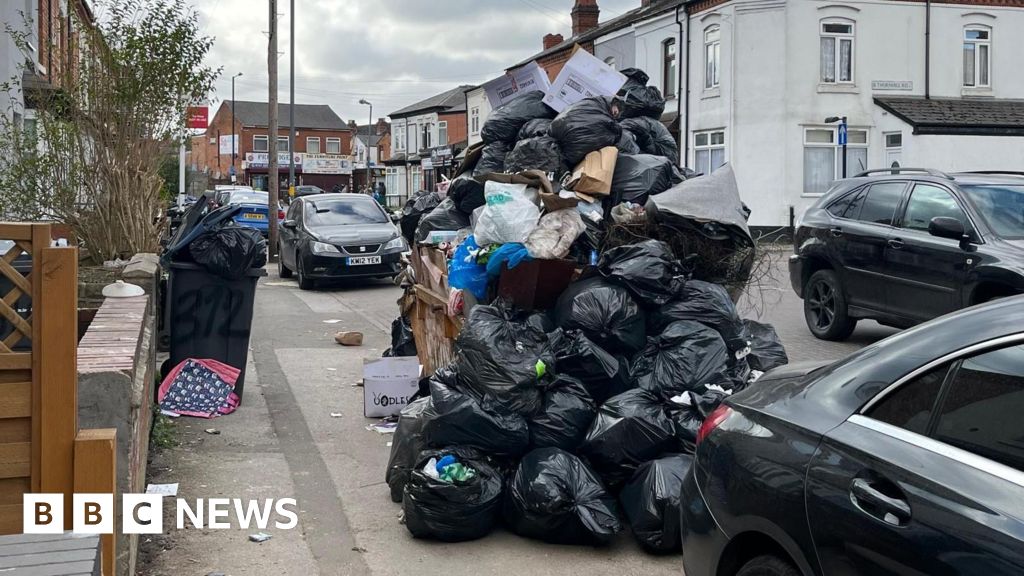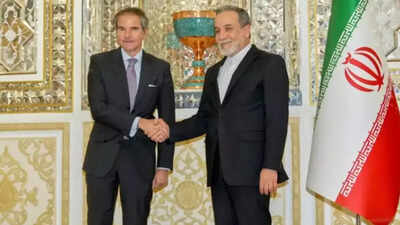Nationwide Protests Erupt Against Trump Administration Policies

WASHINGTON: On Saturday, April 19, a significant wave of protests swept through Washington, D.C., and various cities across the United States, as thousands gathered to express their discontent with President Donald Trump's administration. The demonstrators voiced their opposition to a range of policies, particularly focusing on deportations, government firings, and the ongoing conflicts in Gaza and Ukraine.
In the heart of the capital, outside the White House, crowds of protesters held up a variety of banners, each conveying strong messages such as "Workers should have the power," "No kingship," "Stop arming Israel," and "Due process," as captured by media footage. The visual display was a powerful testament to the diverse concerns that brought people together from various backgrounds and beliefs.
Many of the demonstrators were particularly vocal about the treatment of migrants under Trump's administration, which has seen a significant uptick in deportations. Chants of support echoed from the crowd for those migrants who have faced deportation or are under threat of removal. "As Trump and his administration mobilize the use of the U.S. deportation machine, we are going to organize networks and systems of resistance to defend our neighbors," declared one protester passionately during a rally at Lafayette Square, located just blocks away from the White House.
The event also saw a strong show of solidarity with international causes. Protesters waved Palestinian flags and donned traditional keffiyeh scarves, chanting slogans like "free Palestine" while mourning the loss of Palestinian lives amid the violence in Gaza. The ongoing conflict has drawn global attention and criticism, particularly regarding the U.S. government's stance on military support for Israel.
Additionally, some demonstrators showcased their support for Ukraine, carrying messages urging Washington to adopt a more aggressive stance against Russian President Vladimir Putin's invasion. This aspect of the protests highlights the intersection of domestic and international issues that many Americans are rallying around, reflecting a widespread desire for a more humane and responsible approach in U.S. foreign and immigration policies.



























